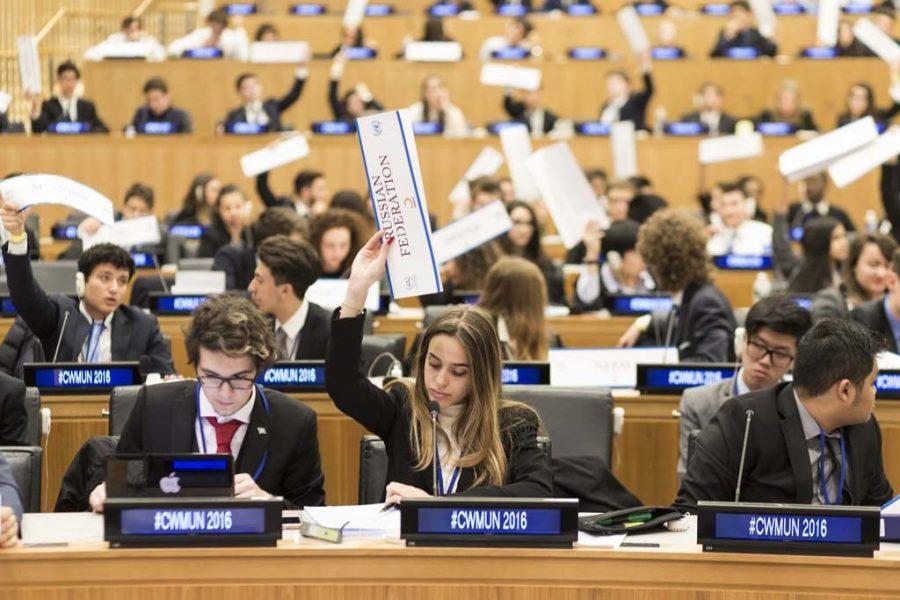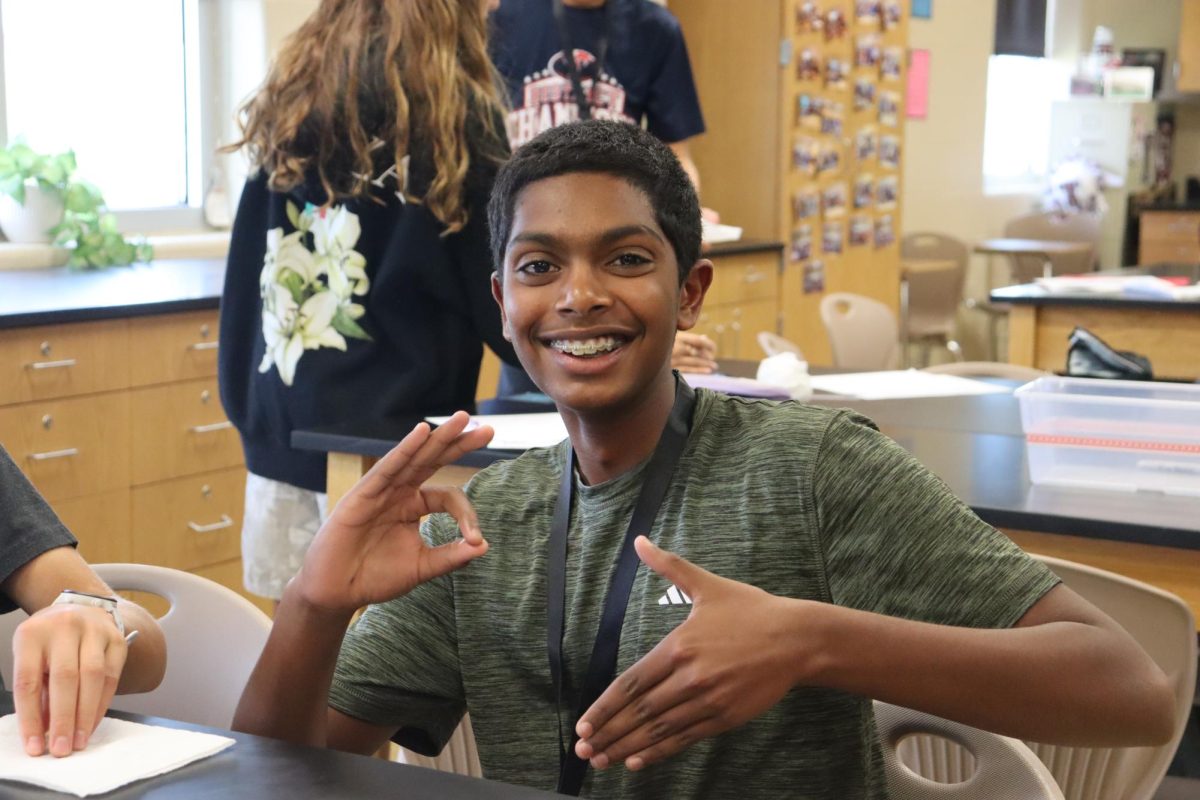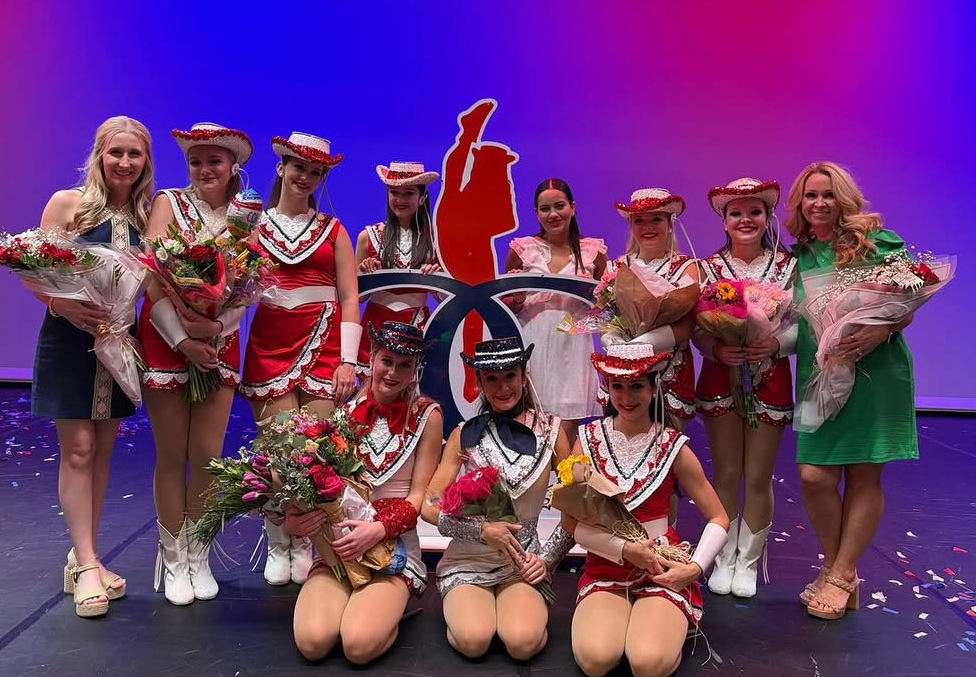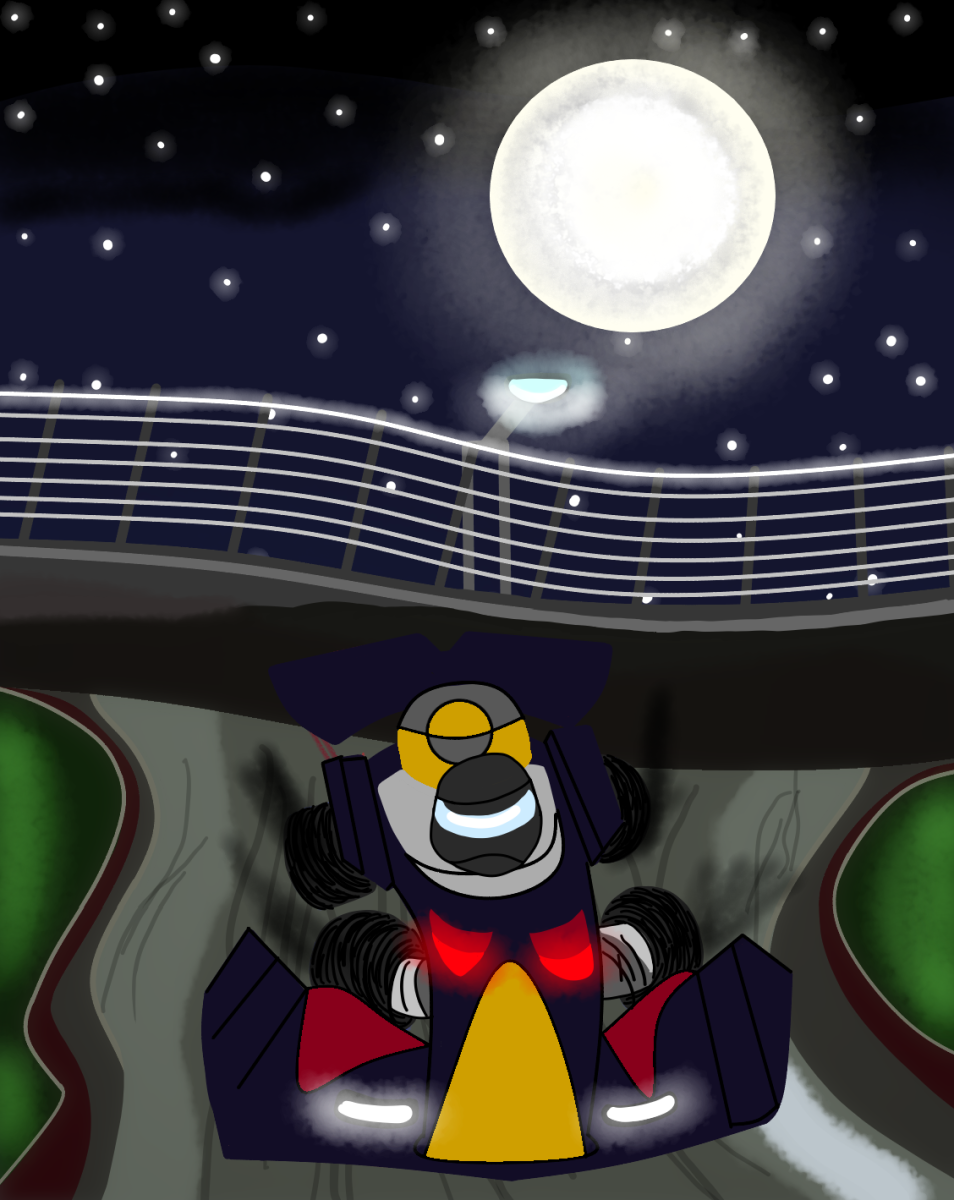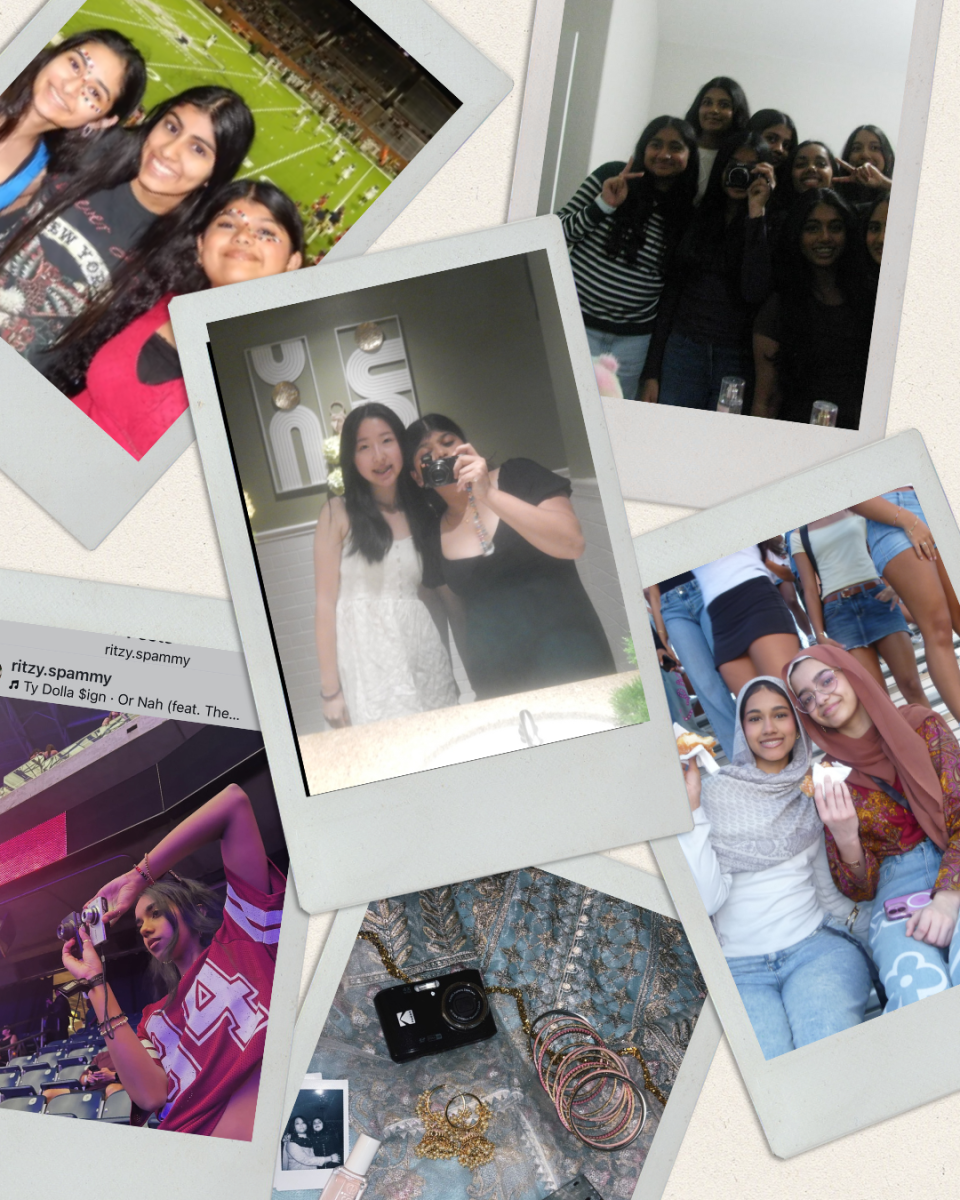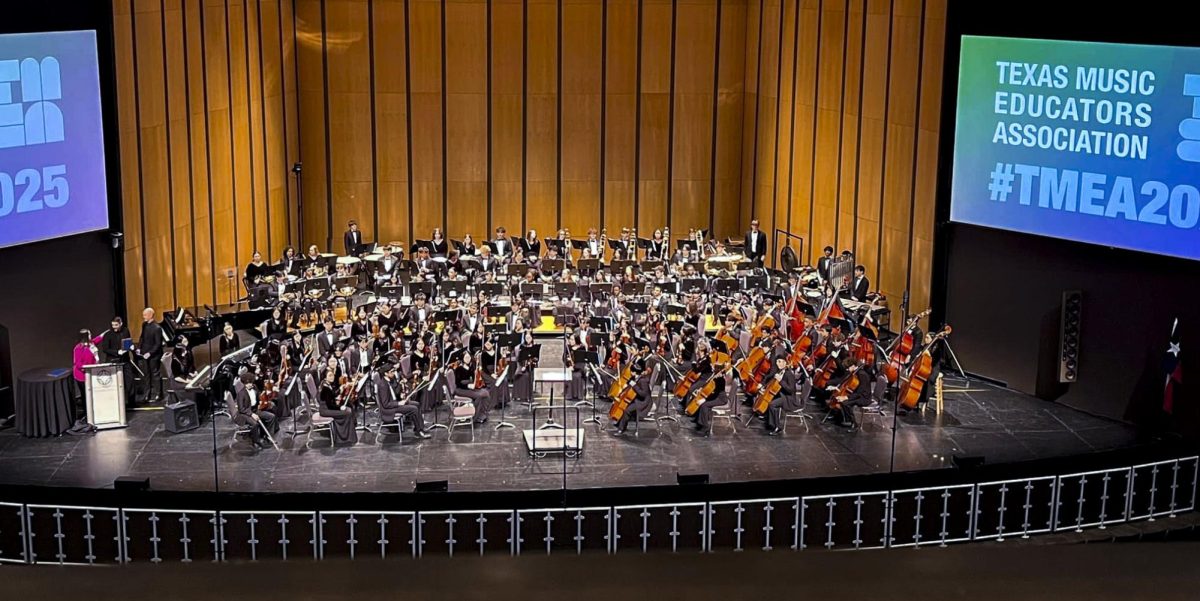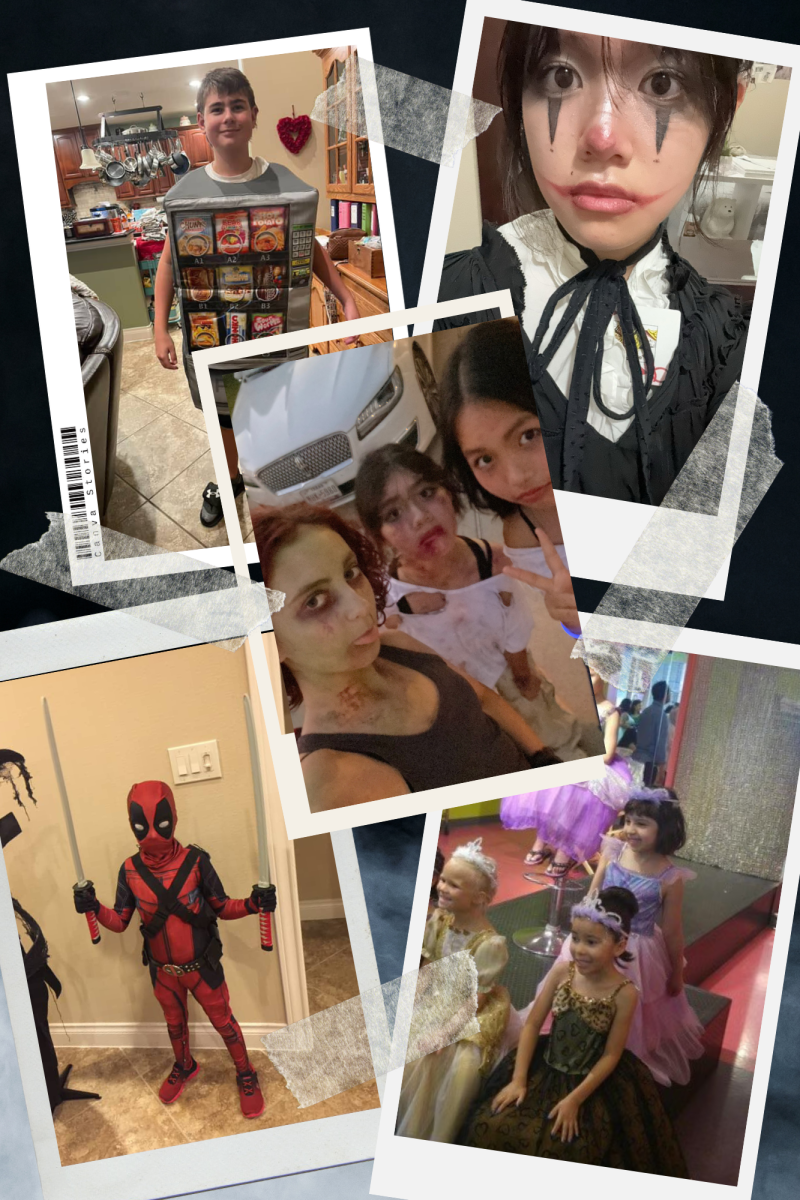A crowded room is abuzz with students calmly addressing one another as they attempt to impersonate the diplomatic ways of the United Nations. There are murmurs and conversations discussing various economic strategies and political motivations that create the best representation of what the real meetings look, feel and sound like. Students attempt to solve hypothetical issues that face their committees through their uses of public relations and knowledge of real world politics.
“Model United Nations, also known as Model UN or MUN, is an extracurricular activity in which students typically role play delegates to the United Nations and simulate UN committees. This activity takes place at MUN conferences, which is usually organized by a high school or college MUN club. At the end of most conferences, outstanding delegates in each committee are recognized and given an award certificate; the Best Delegate in each committee, however, receives a gavel,” said Daxus Nesossi, sponsor of Tompkins’s Model UN.
For students looking to involve themselves in leadership positions for college resumes,
Model United Nations offers that and to increase their understanding of the current political climate and issues facing the nations of the world today.
“Thousands of middle school, high school and college students across the country and around the world participate in Model United Nations, which involves substantial researching, public speaking, debating, and writing skills, as well as critical thinking, teamwork, and leadership abilities,” said Nesossi.
Model United Nations, or MUN, allows students to insert themselves in positions where they can seek leadership roles and better their communications skills, which are invaluable in nearly all aspects and environments. In addition, students can better improve their understanding and knowledge of the politics of the world which directly affect them.
“Part of what makes Model UN great, though, is that it is rapidly re-inventing itself. Today, many MUN conferences hold simulations that are not UN committees. In addition to simulations of the Security Council and General Assembly, many conferences are running simulations of the US National Security Council, where delegates represent Presidents and Ambassadors. Many conferences feature a Joint Cabinet Crisis, where two or more committees of delegates are linked together, and the actions taken in one committee affect the other,” said Nesossi.
For example, the Security Council Simulation at the Houston-Area Model UN held a simulation of World War II, where delegates role played the ministers of the American, Soviet and European cabinets in the 1940s. So, not only are they getting present day work in diplomacy, but also the ability to work in historic contexts. MUN not only hosts mock United Nations meetings but also sets up historical scenarios in which students are expected to use their prior knowledge to resolve issues that faced that time period. This combines students’ knowledge of historical events with their abilities cooperation and diplomacy as well.
“Students can simply attend a meeting on Mondays in my room 1006. All levels welcome. We even have a ‘boot camp’ for newbies. We are spreading the word through announcements, our Remind account, and posters around the school,” said Nesossi.

